The music industry broke new ground in 1996 with the first-ever debut of Date Kyoko, a Japanese digital idol. Two years later, Korea hopped into the AI industry with Adam, a male virtual singer model. This mesmerized the public and paved the way for the launch of other AIs such as Cider and Ryusia. However, this trend eventually fell through due to economic issues derived from the poor technology at the time, and virtual singers seemed to meet their end.
Although less popular, digital girl groups such as Nazka still made appearances throughout the 2000s. But the release of the Vocaloid in 2004 and the debut of renowned computer-generated singer Hatsune Miku in 2007 regurgitated the attention of the digital star industry. Ever since Miku, anime characters such as the iconic Love Live! Girls have consistently released songs and music videos.
Although the lively 3-D animated characters received fame from media platforms, it remained a niche culture. Numerous critics picked them apart for how inhuman and crazy they seemed. Others condemned the fans for their delusional behavior. Still, the industry continued to grow.
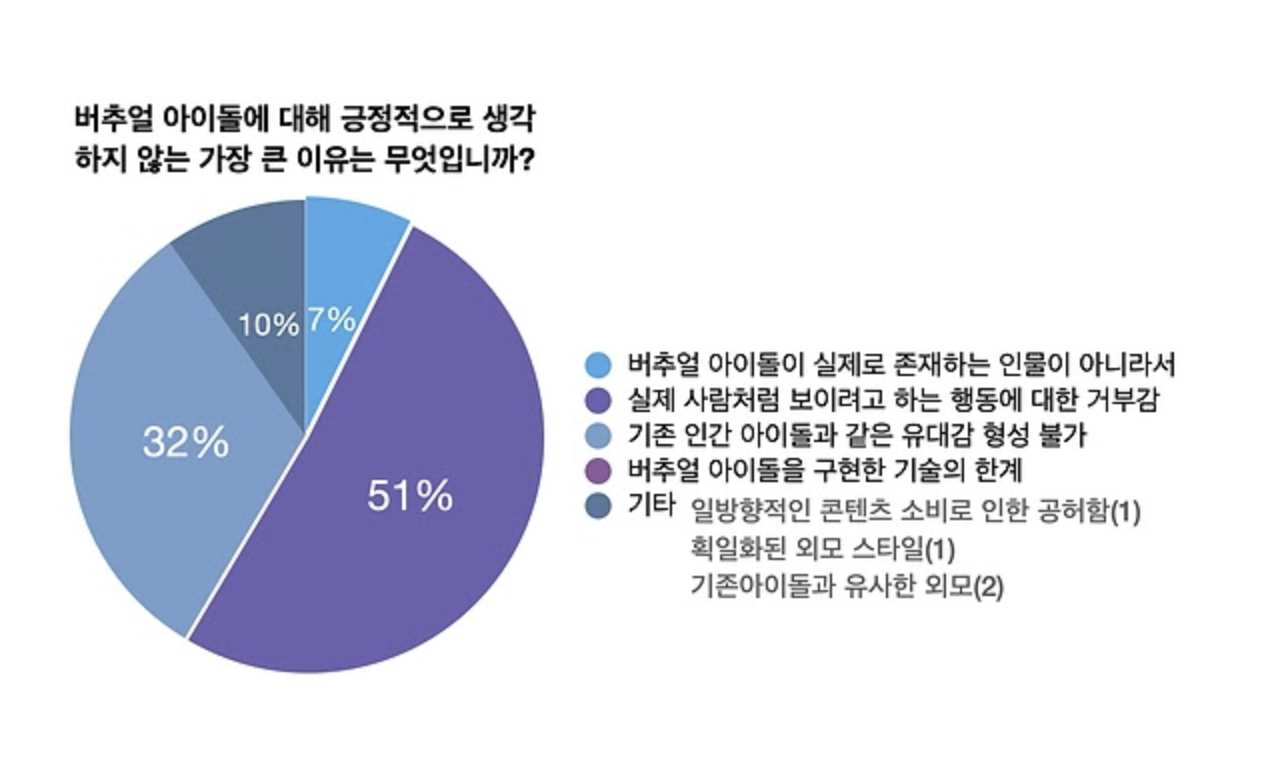
In 2018, the famous video game League of Legends released a K-pop group called K/DA to celebrate the world championship that Korea hosted. They collaborated with (G)I-dle (a famous K-pop band) who featured in the debut song of K/DA along with Madison Beer and Jaira Burns as the voices of the characters. Astonishingly, they received enormous amounts of love which led to over 500 million views for their first music video.
K/DA embellished the first stage of a new hype for AI in the K-pop industry. The real boom hit, however, when SM, one of the big 4 K-pop entertainment companies, released AESPA, a band with four real members and four AI-generated counterparts. The concept eventually died out as the virtual groupmates did not appear on any of the real-life schedules, but they garnered unprecedented attention nonetheless.
Since then, groups like Eternity, Isedol, MAVE, Plave, and ØXONE have even begun to consist solely of AI idols. Other bands like Superkind feature virtual teammates in dance practices and stages as well as online fan meetings.
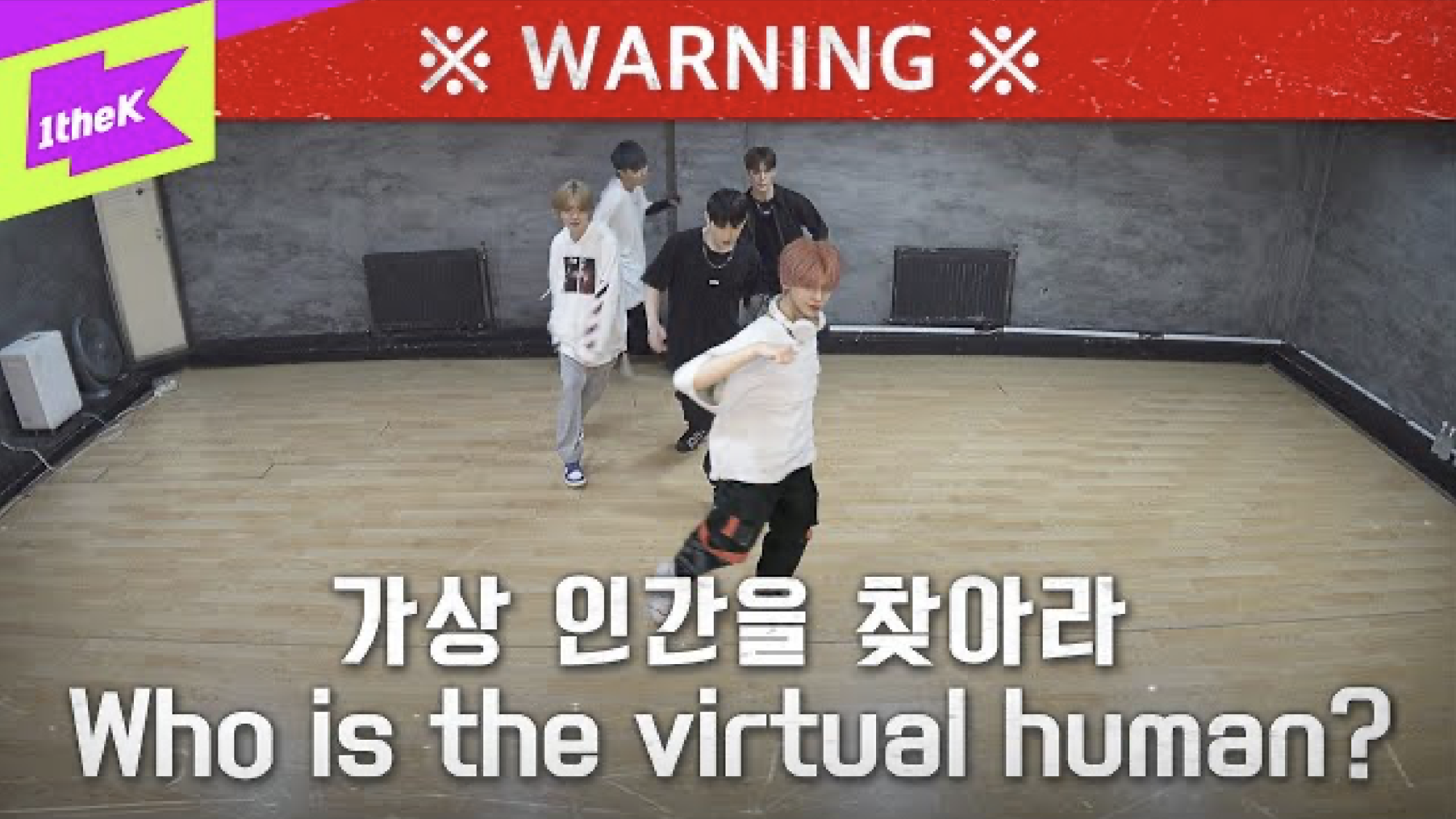

In the beginning, haters mocked these performers for their bizarre characteristics, such as sudden glitches in their limbs and contortions of body parts that occur due to technological issues. Critics said, “If you turn your Wi-Fi off, they are gone.” Oddly enough, some now claim that they found interest in these groups because of how funny the members reacted to their glitches.
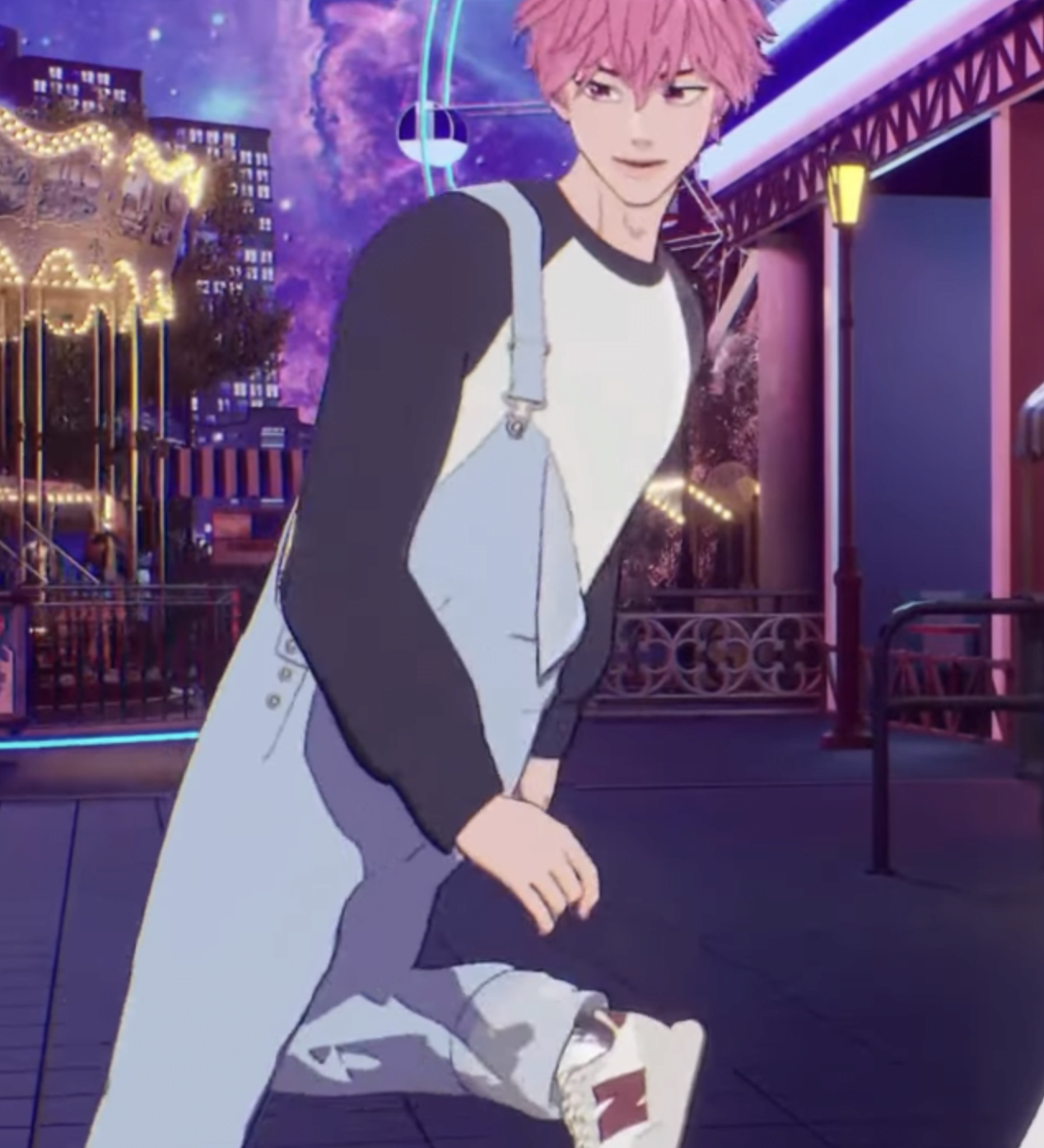
As technology advances, celebrities seem more realistic than ever. MAVE’s creators received praise for how human-like the members look. Their music surpasses human crews and finds its way into music charts. Some even reach the Billboard and perform on live stages with futuristic technology. Other types of entertainers feature in home shopping, TV shows, and news desks.
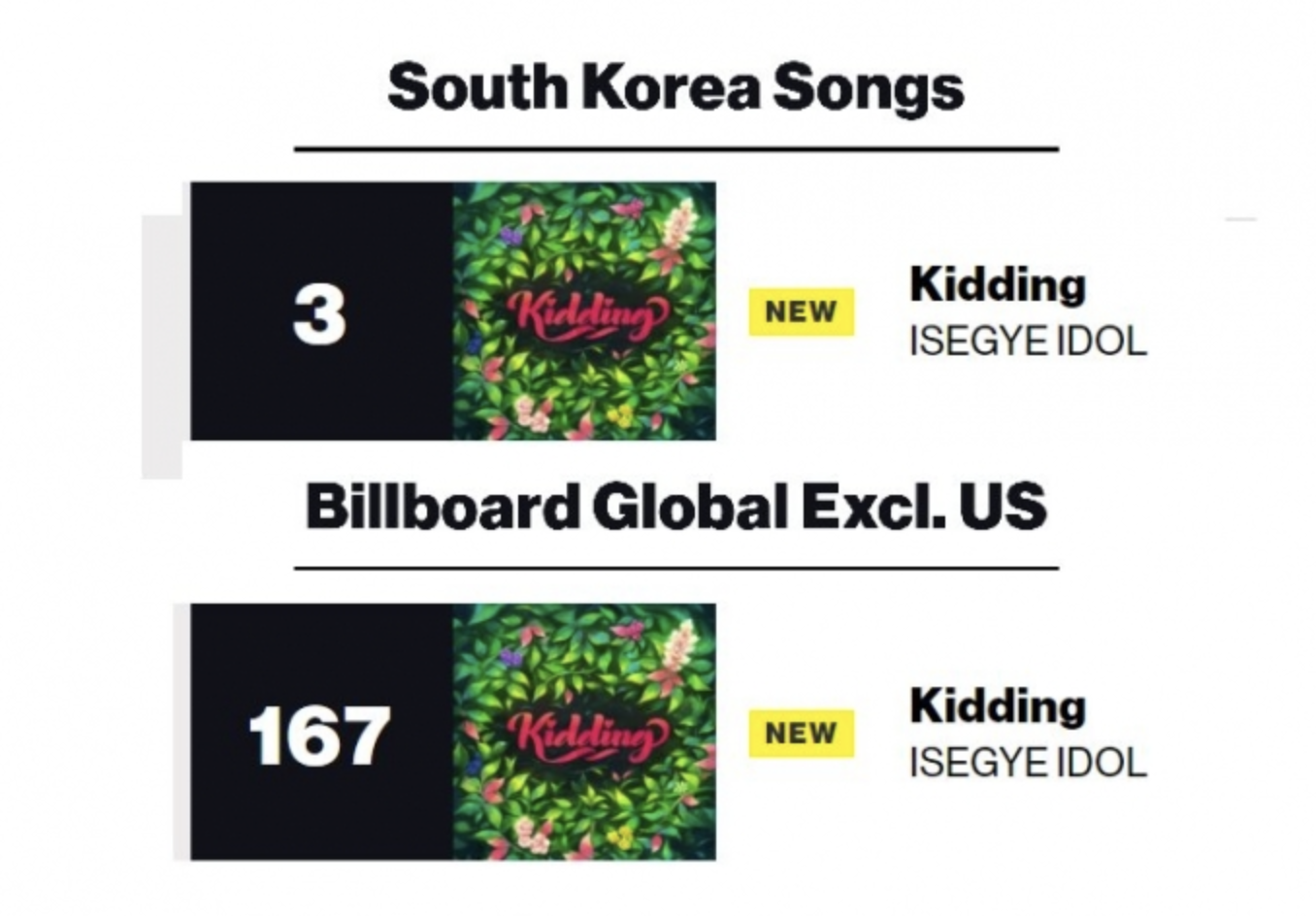
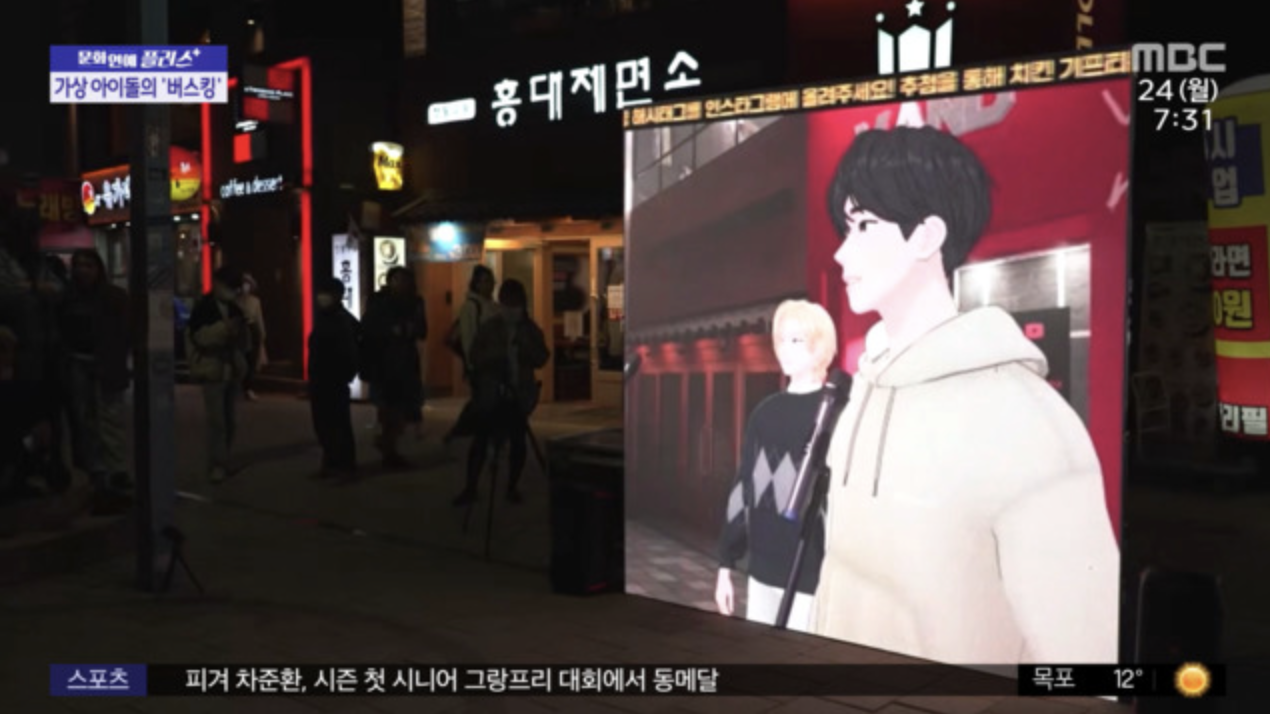
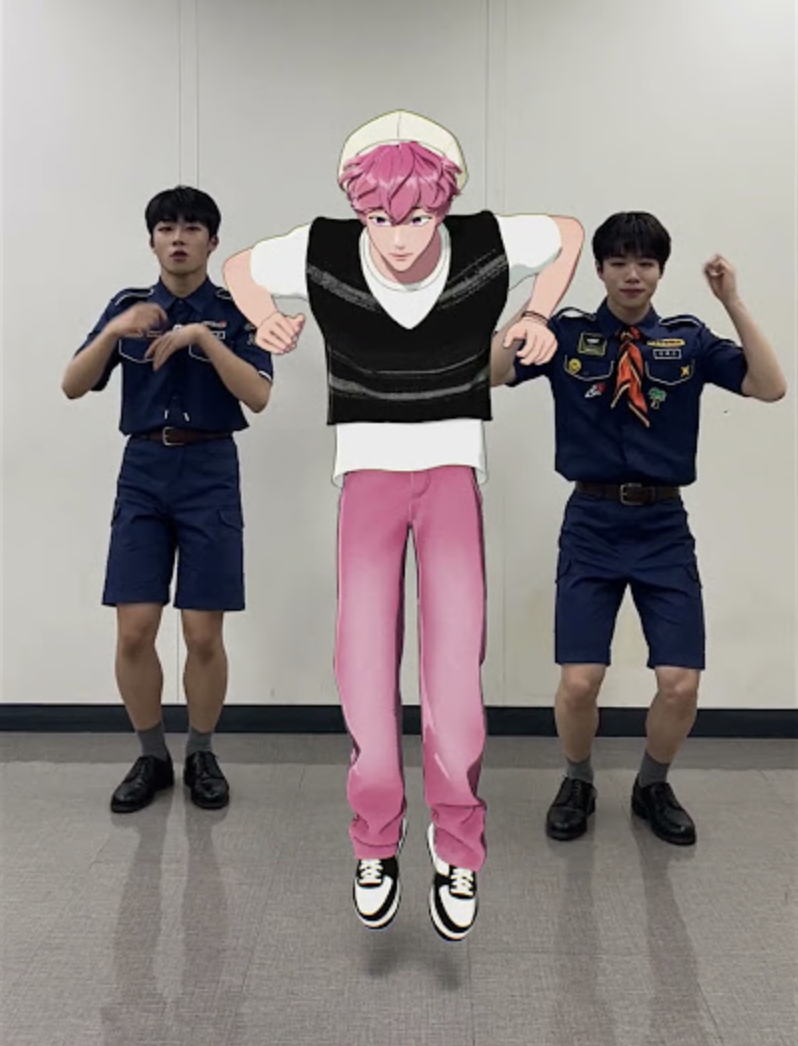


On the downside, AI still causes multiple issues because they don’t exist in reality. Plagiarism, such as how the faces of Plave looked significantly similar to members of the boy band Stray Kids, raised hot debate. Also, once the main body/voice actor gets exposed, cancel culture returns. A black virtual rapper got canceled for saying the N-word through his lyrics because the voice behind him turned out to be white.
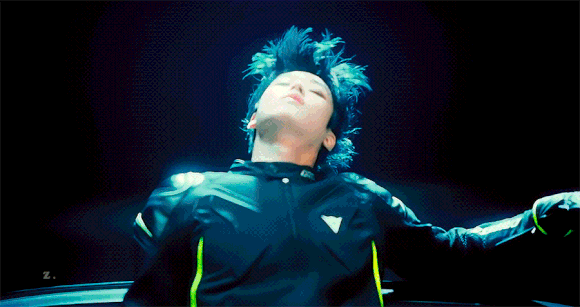



At this point, you might ask: Why do companies invest so much in AI-icons in the first place? Various reasons contribute to this. Imaginary artists grab attention and can withstand the toil of time. Bullying, substance abuse, or other possible reasons for cancel culture to prey on don’t affect synthesized personalities. The thin line between humanity and man-made intellect raises questions about what defines an AI entertainer, though. The group Eternity uses Deepfake technology to produce the skins of their members, but behind these faces lie the efforts of real humans who dance and sing. So who do we accredit?
Those who actually perform behind the animated characters receive an unbelievably pitiful amount of income. Despite their contributions, the entertainment company gains most of the profit, not the voice and body actors. Furthermore, every aspect of these individuals except for their faces qualifies as the feature of an idol, which implies the impact of lookism on the industry. Shouldn’t we as a society embrace talent and hard work instead of mere appearances?
The virtual idol industry will inevitably broaden its scope and dominate more markets in future years. Even so, it will never replace real celebrities, for the most fundamental aspect of the entertainment business involves human interaction. In the world of innovation, we should look forward to how far creativity may take us. Still, it seems equally important to remember the warmth of a tangible and genuine relationship.

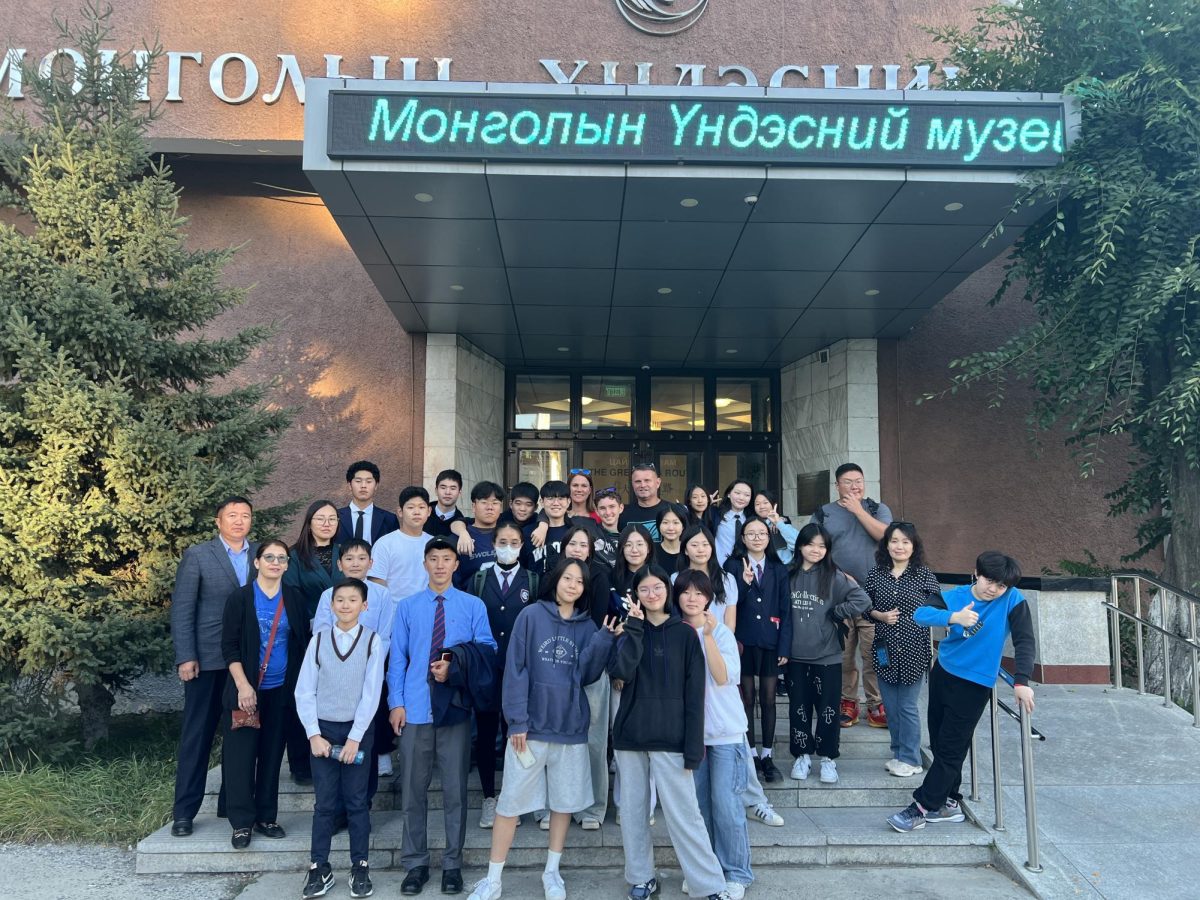


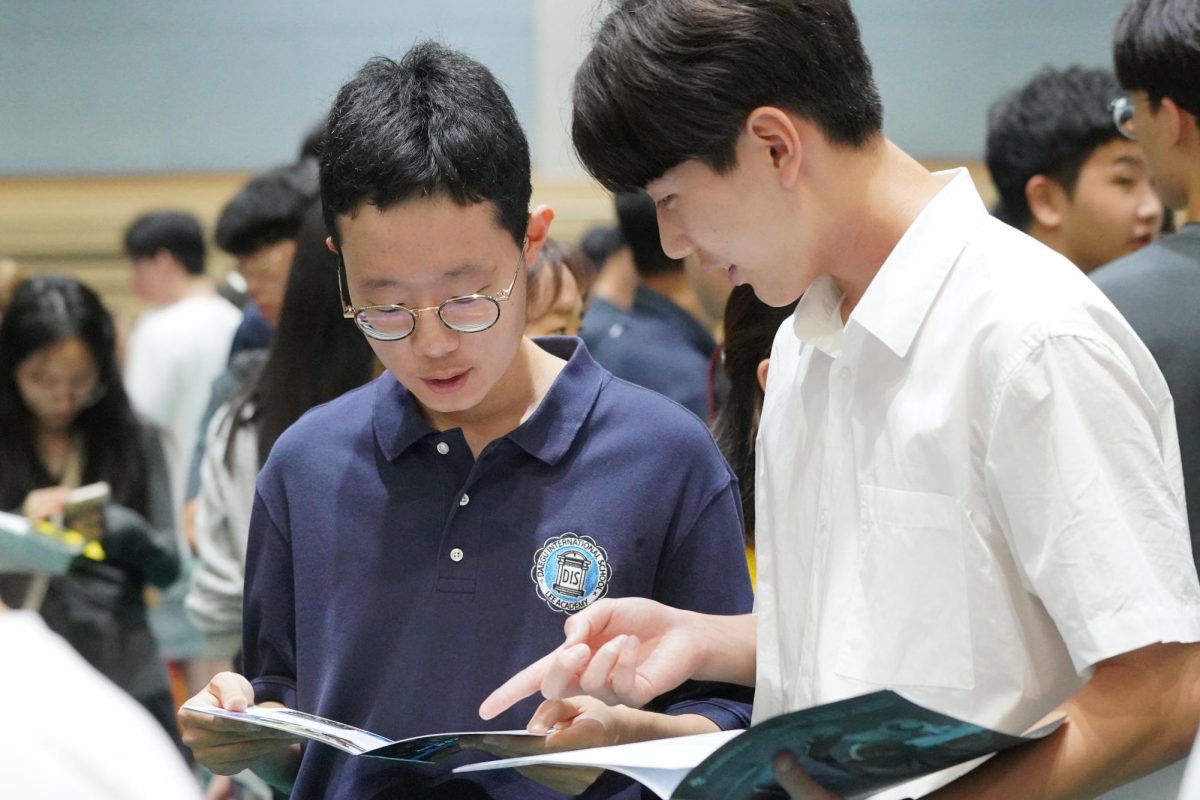


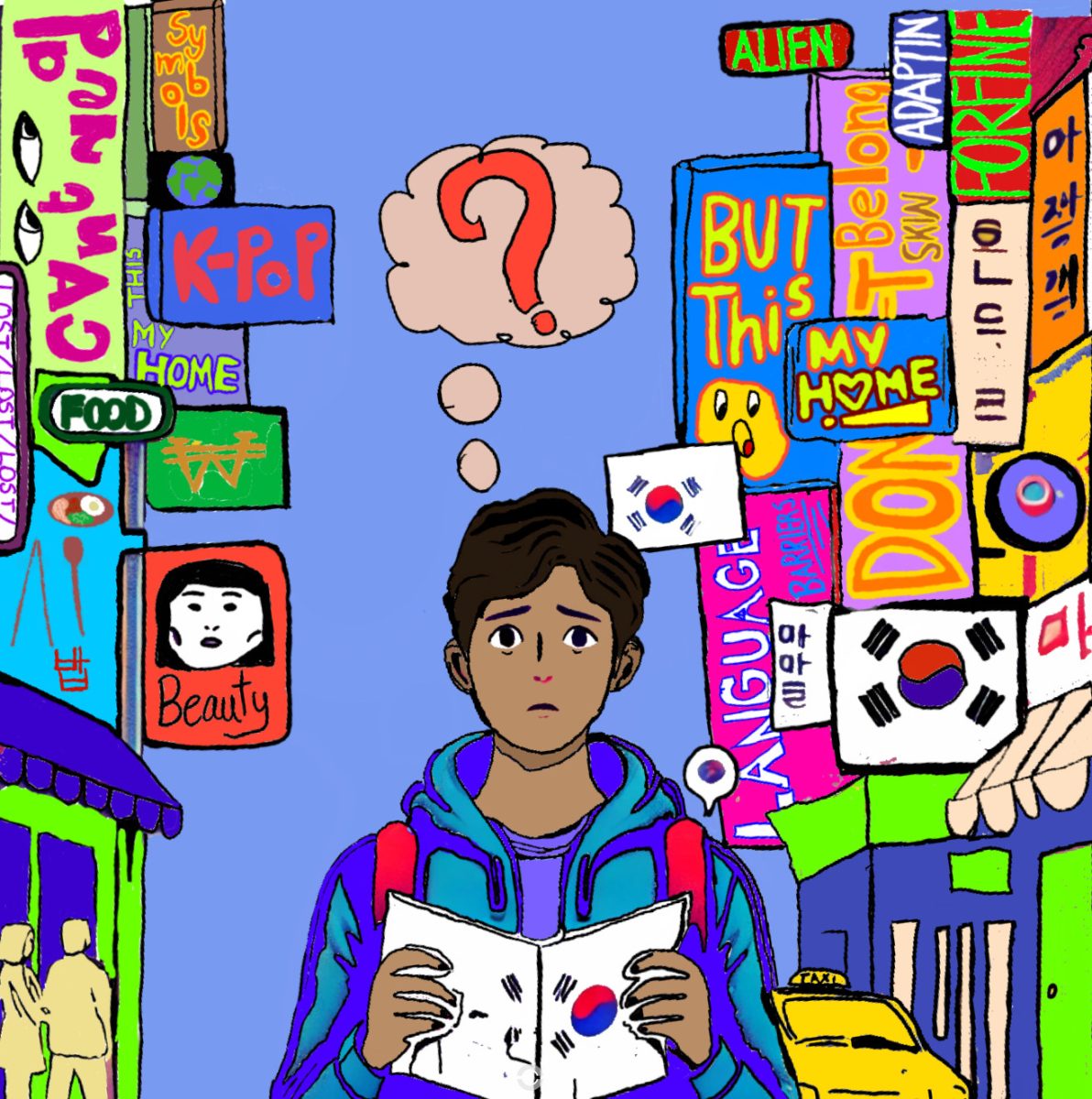


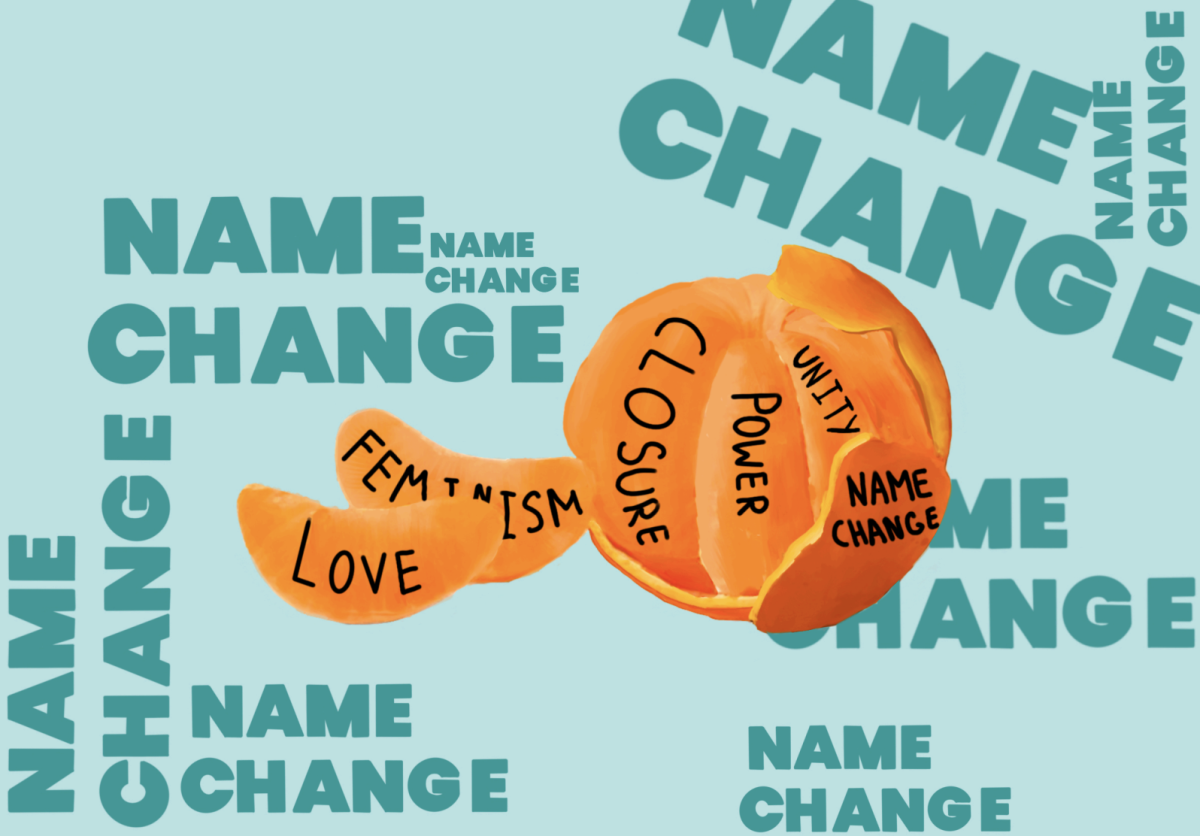
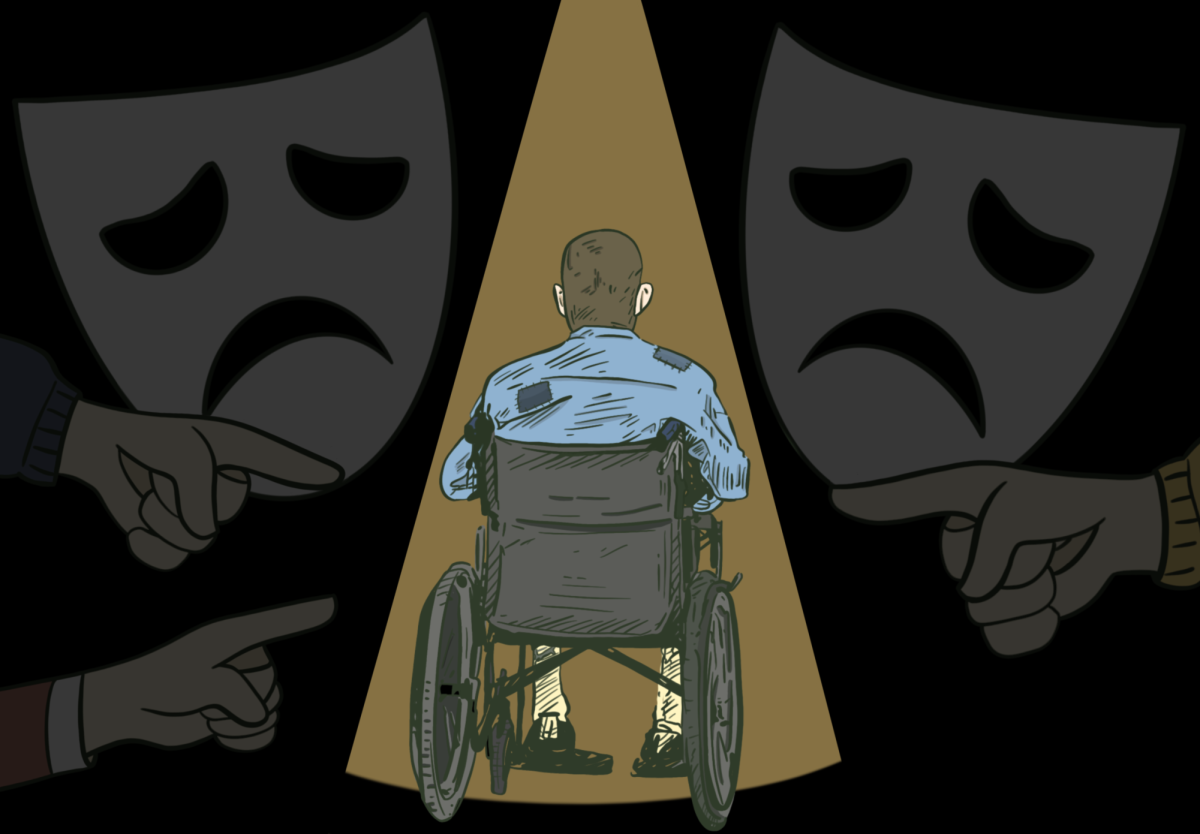
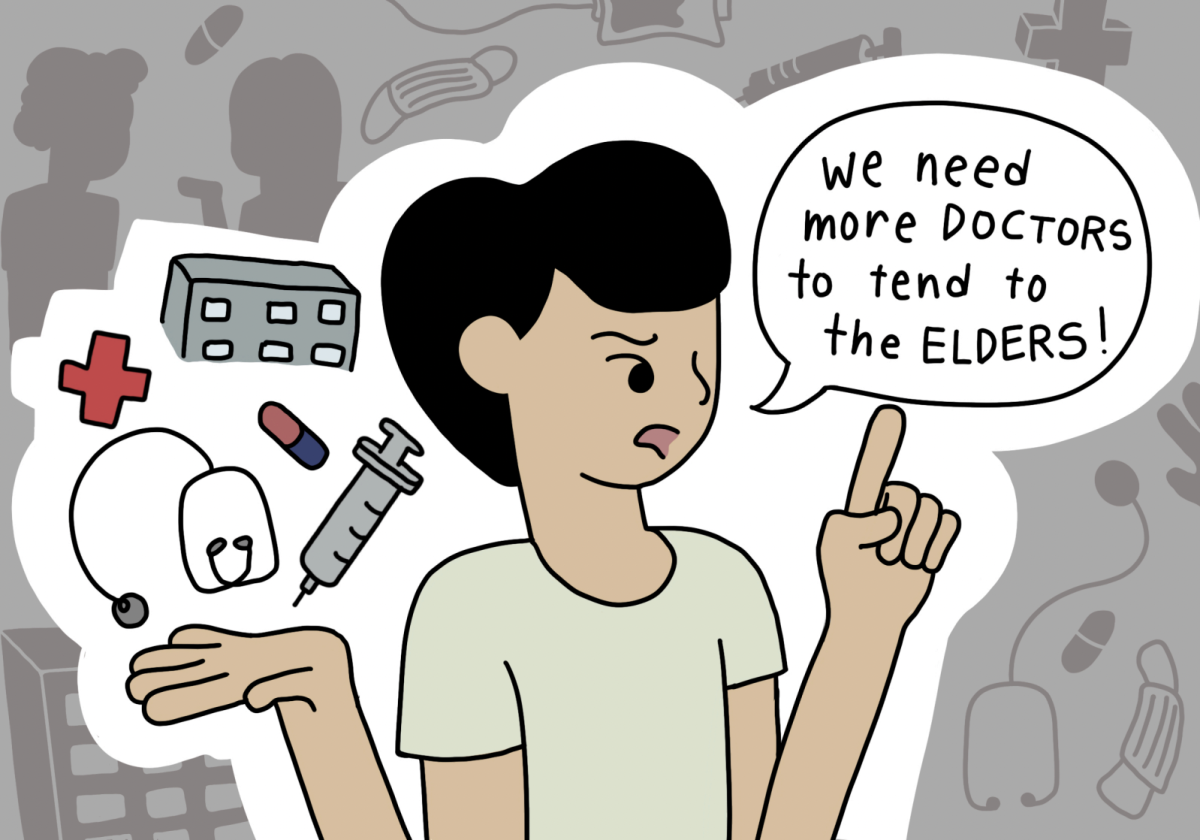
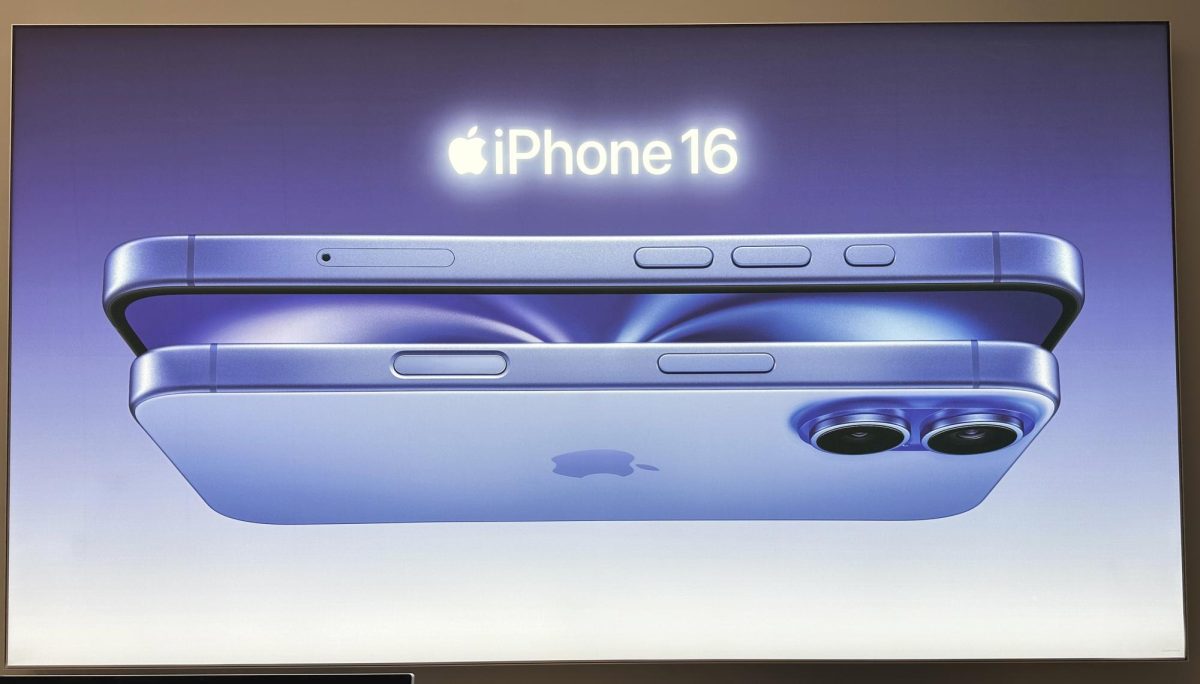

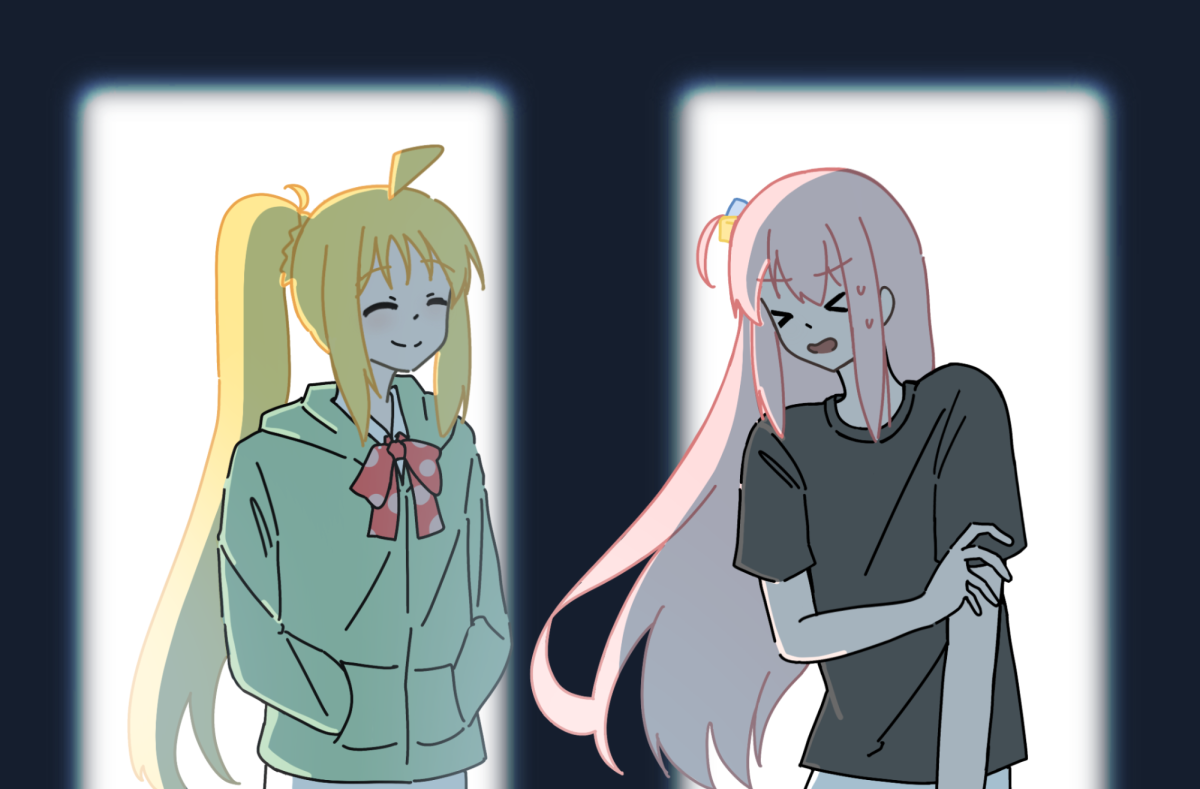

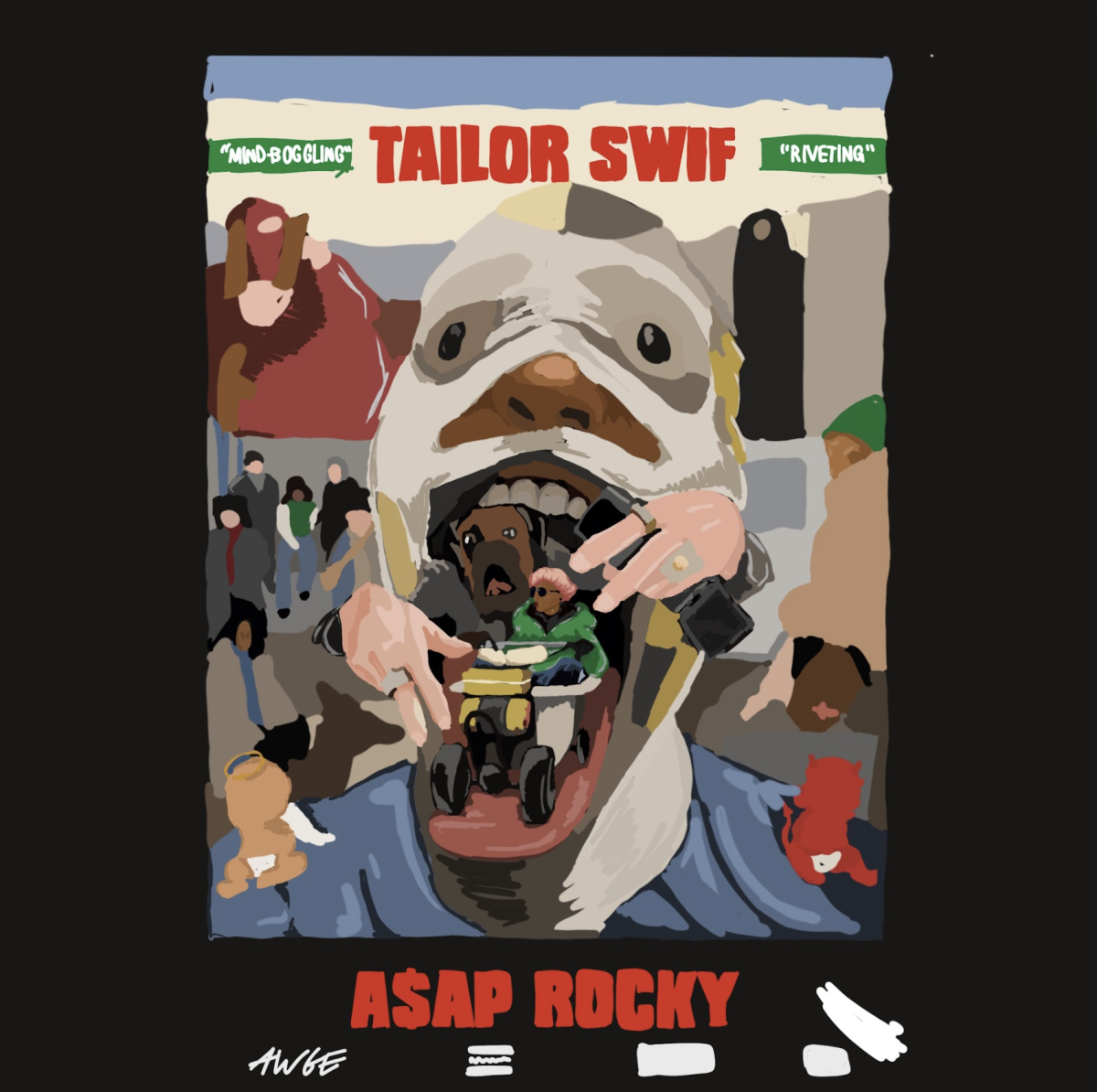


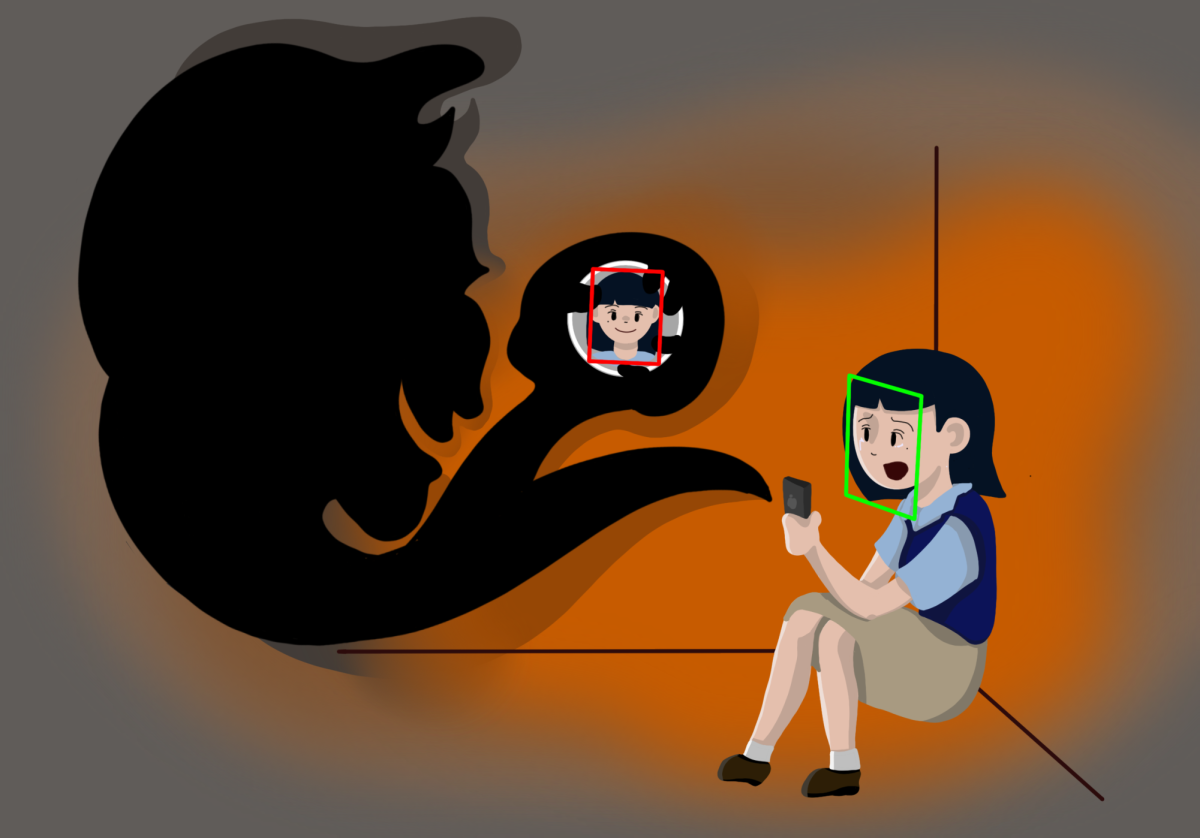


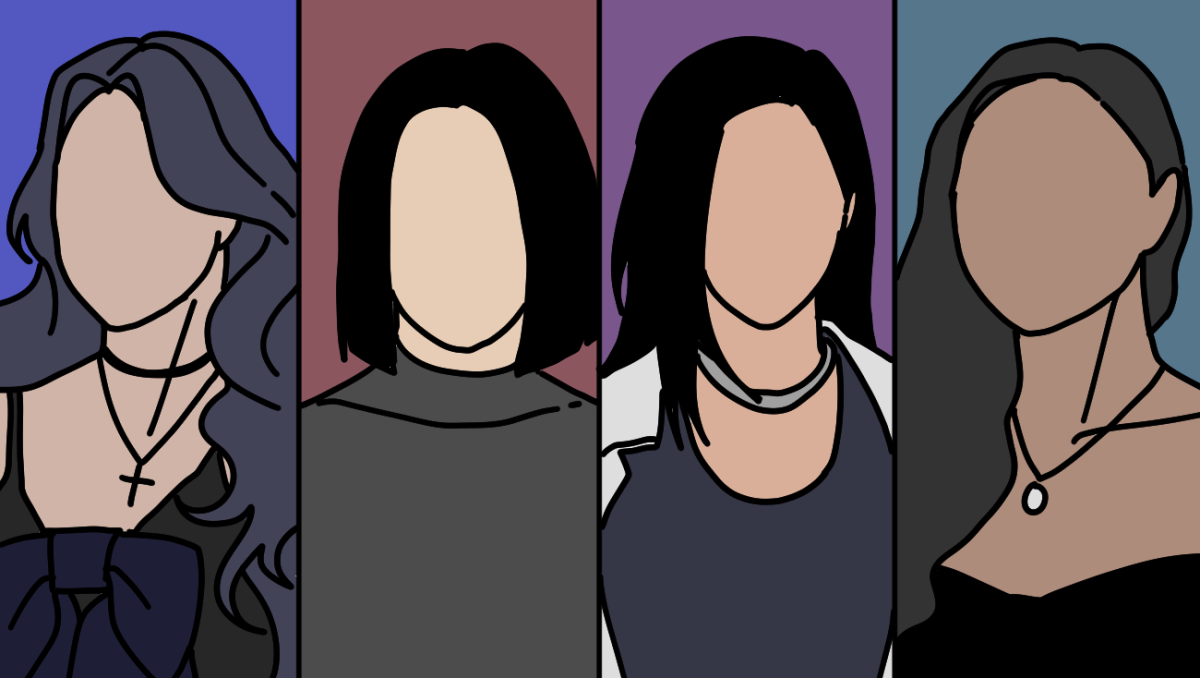
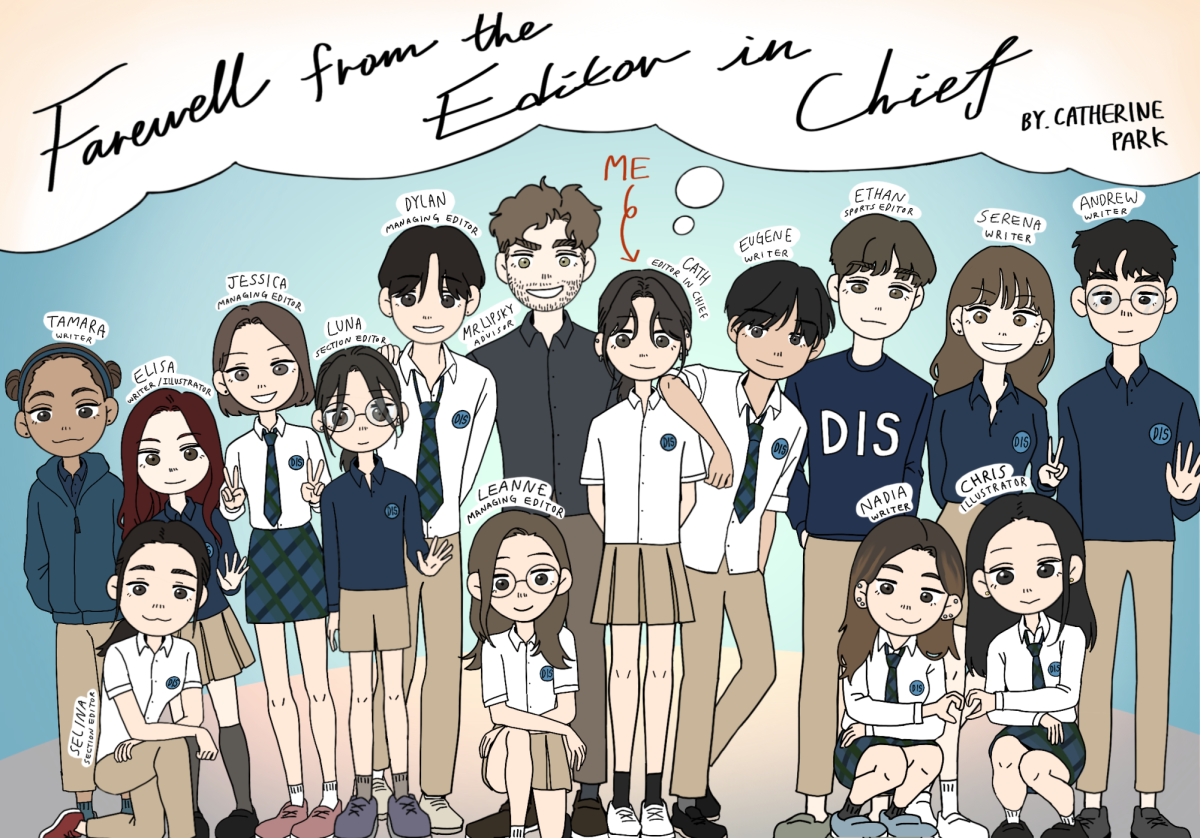





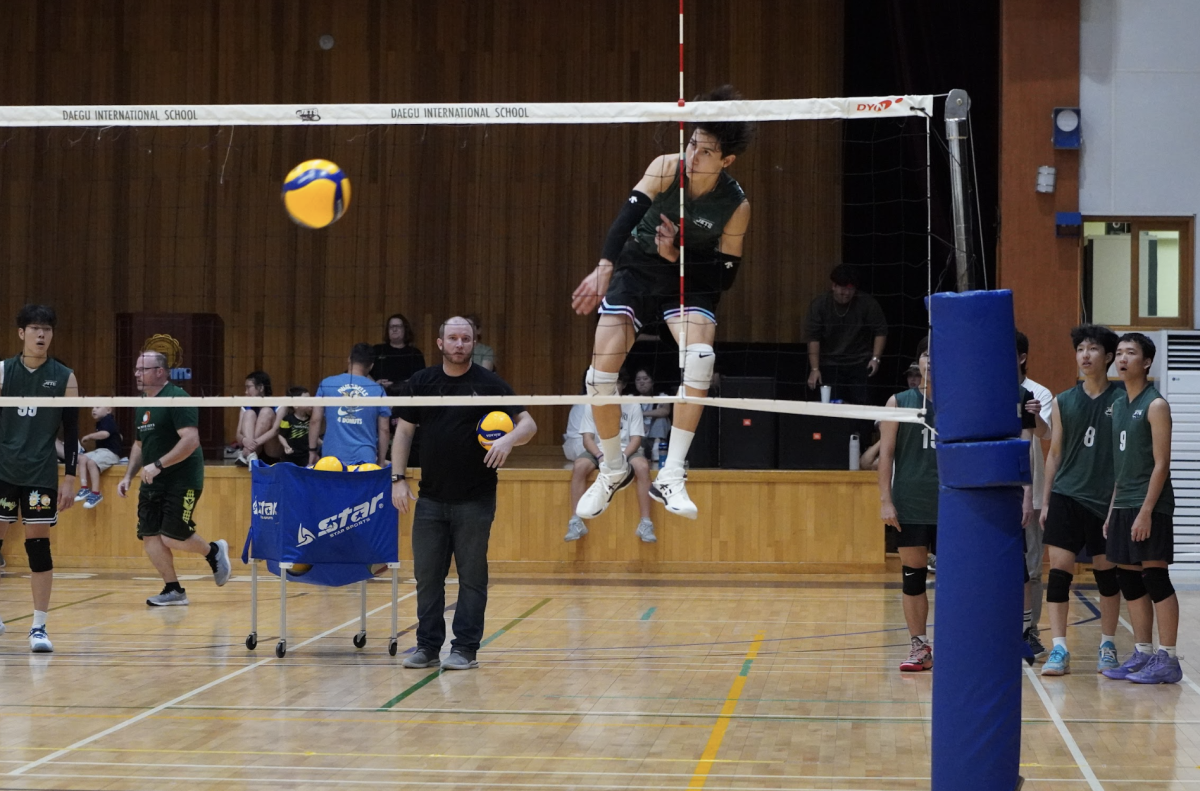



![[Podcast] Poptroversy Episode 2: Blake Lively - Is Ignorance Really Bliss?](https://jetsflyover.com/wp-content/uploads/2024/08/IMG_1659-e1724282397481-1200x1149.png)


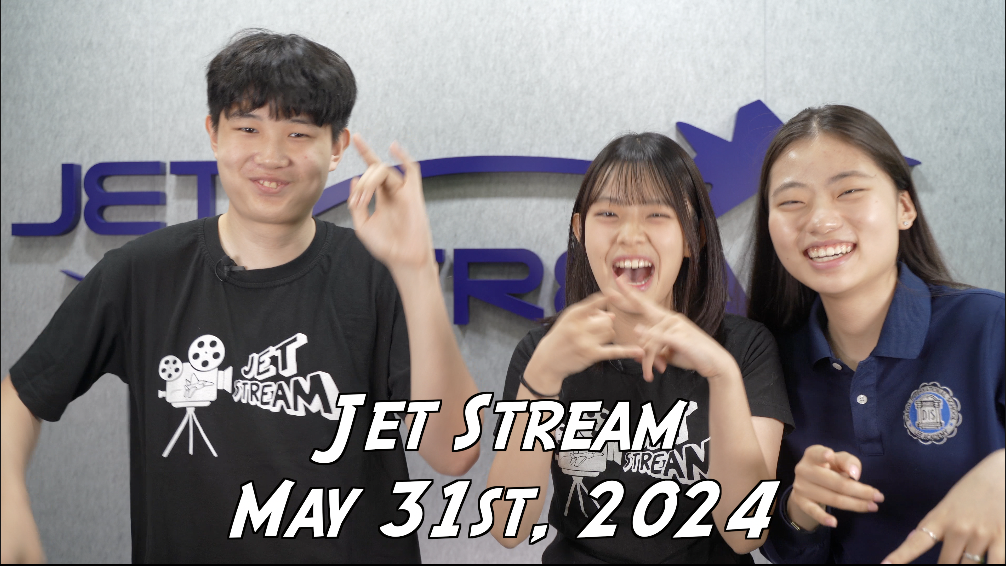



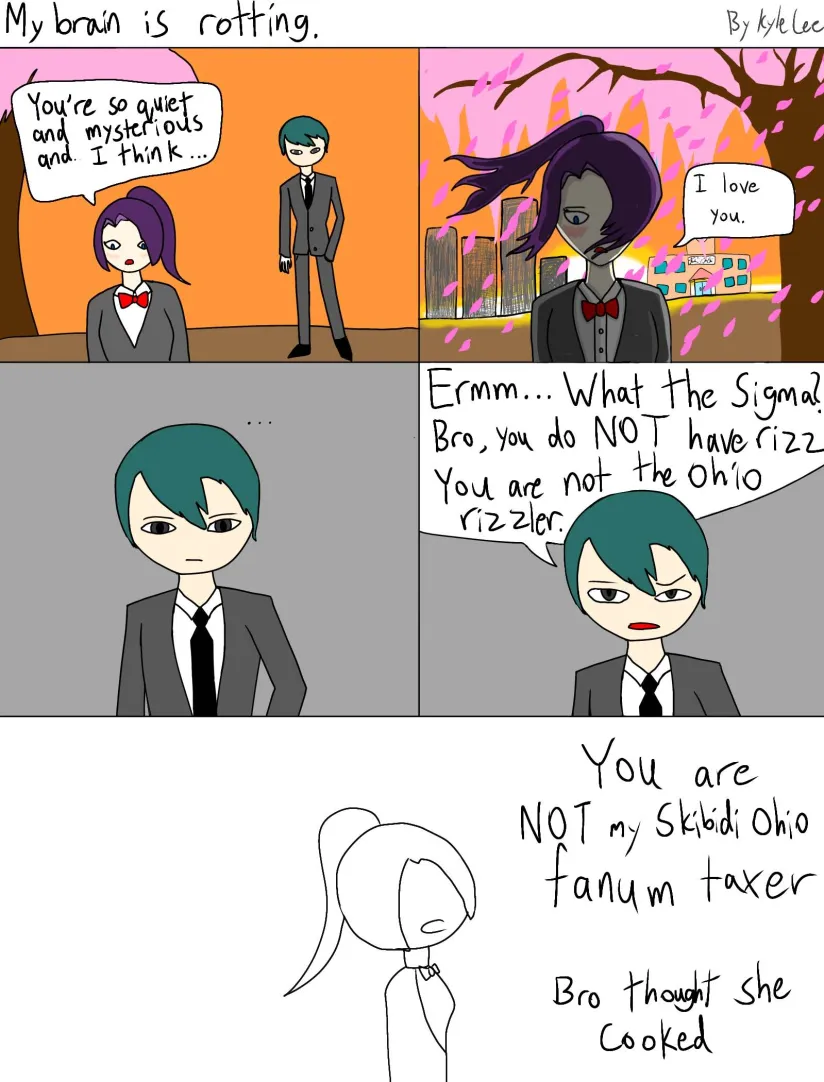







Elsa Chiang • Jan 25, 2024 at 6:30 pm
As one of the vocaloids and virtual idols’ fan, I certainly enjoyed this article! I listen to Plave, Isedol, and vocaloid songs everyday when I ride car, while studying, and more so this article had a lot to relate about. I saw some information that I haven’t heard of as well! Nice article. Thank you 🙂
Volt • Jan 25, 2024 at 6:26 pm
I didn’t know that there are this much AI idols on South Korea. I think fine for the Ai idols because they will improve and I think that AI has its own attractive points.